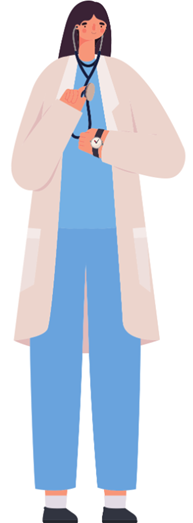Adolescent and Young Adult Health Needs Assessment
We want to know what young people and youth-serving health care providers in Washington think about adolescent health care.

A few topics we want to know more about are:
-
Adolescent well-care visits (teens to 21)
-
Sexual and reproductive health
-
Confidential services
-
Youth-friendly care
-
Mental and behavioral health
How can teens and young adults share their feedback?
We want to hear from young people across Washington, who come different backgrounds, have different identities, and have unique lived experiences. Teens and young adults ages 13-22 can share their thoughts and feedback on adolescent health care through one or more of the following options:
- The Youth Survey is now closed. We are currently analyzing data and will publish a report of findings and recommendations, soon.
- Share your questions, thoughts, ideas, opinions, and recommendations on adolescent health care by emailing us at adolescenthealthunit@doh.wa.gov.
How can youth-serving providers share their feedback?
We want to hear from medical and behavioral health providers serving people living in Washington who are ages 11-24. Provider settings we want to know more about include private practice, community clinics and health centers, academic health centers, local health jurisdictions, school-based health care, and inpatient and outpatient settings.
- The provider engagement activities are complete. We are currently analyzing data and will publish a report of findings and recommendations, soon.
- You can still share your questions, thoughts, ideas, opinions, and recommendations on adolescent health care by emailing us at adolescenthealthunit@doh.wa.gov.
What will we do with the feedback we receive?
We will use the findings from the surveys and listening sessions to guide and shape DOH’s adolescent health program and the adolescent health domain of DOH’s Maternal Child Health Block Grant (MCHBG). This will include planning trainings and technical assistance for youth-serving health care providers, implementing new and improving existing adolescent health programming (like the new Teen Health Hub WA), and developing a new Youth-Friendly Certification. We will also share a summary of findings with key partners, providers, and teens and young adults.
Please share information about these activities with young people, and youth-serving providers and organizations.
If you'd like to be added to our email list, let us know at adolescenthealthunit@doh.wa.gov.
